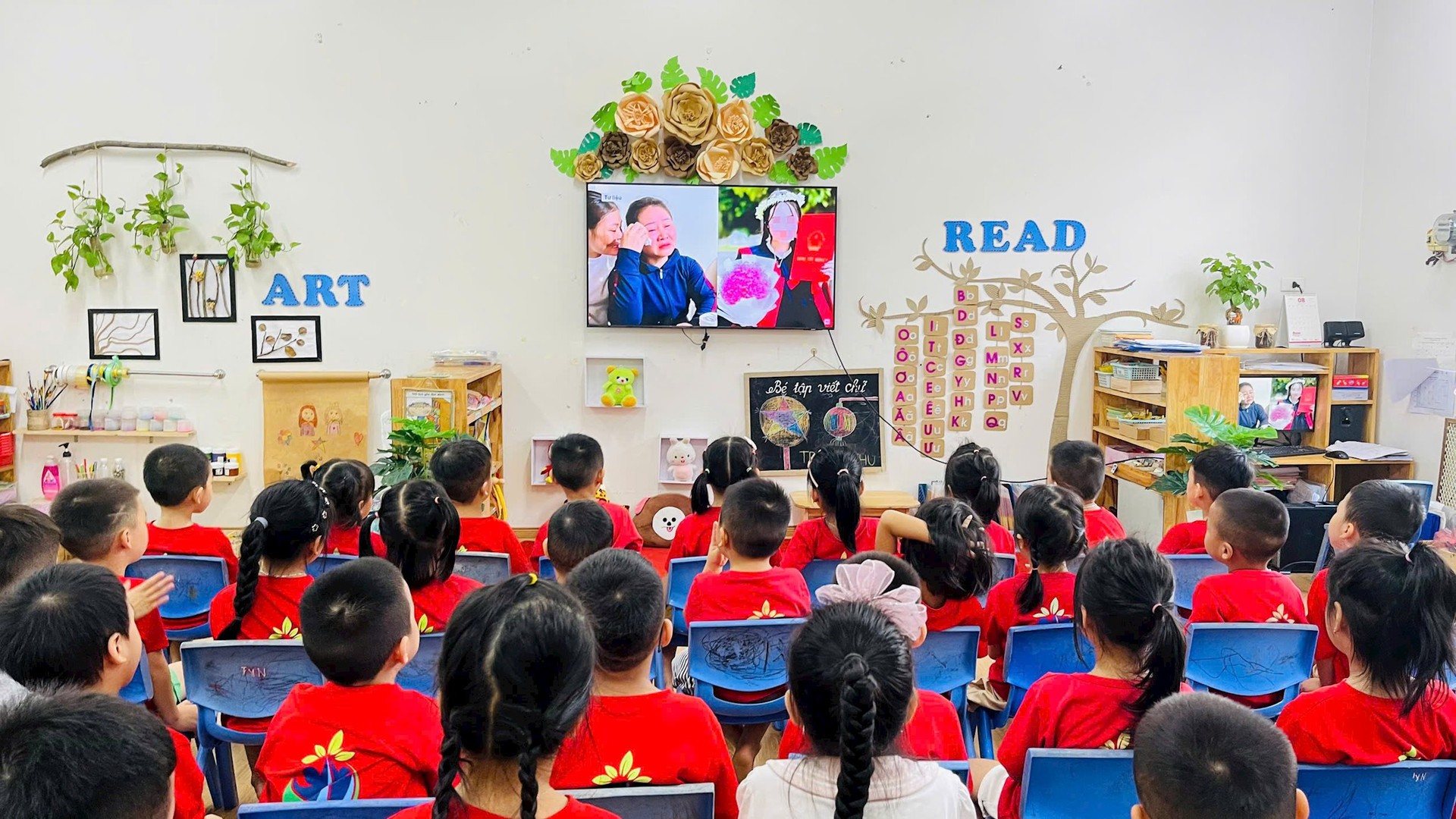
Community collaboration
Floods and landslides caused by Typhoon Yagi have devastated Vietnam, Myanmar, Laos and Thailand, affecting nearly 6 million children and reducing their access to clean water,education , health care, food and shelter - plunging already disadvantaged communities deeper into crisis, according to a statement from the United Nations Children's Fund (UNICEF). In Vietnam, the country hardest hit by Typhoon Yagi, about 3 million people, including many children, lack clean water and sanitation, increasing their risk of disease. About 2 million children also lack access to education, psychosocial support and school nutrition programmes.
Sharing at the talk on “Psychological prevention for children in flood-affected areas”, psychologist, Dr. Tran Thu Huong (University of Social Sciences and Humanities) said: Natural disasters such as storms, floods... are something we cannot avoid. When storms and floods occur, the consequences not only affect adults, but also all individuals.
When a storm or flood comes, it sweeps away material possessions, causing separation between children and their loved ones. The separation from their loved ones, creating trauma for children, is what experts call “acute trauma”. In the classification of trauma, there is not only acute psychological trauma, but also chronic trauma, complex trauma. Children who have just experienced Typhoon Yagi, and also experienced the extremely painful story of flooding, may have this acute trauma transformed into complex trauma. That is, many terrible events beyond the ability to cope have impacted, dragging the child into a vortex, unable to control their feelings of anxiety or suffering. After that, if there is timely support, they will be able to return to normal life. However, if in that disaster, their livelihood is destroyed, the ability to recover from the trauma is very difficult, or from that acute or complex trauma, it will create mental health disorders, post-traumatic stress disorder. When an individual is in a state of post-traumatic stress, recovery becomes even more difficult.
Child and parent psychology consultant Nguyen Tu Anh believes that caring for traumatized children requires the cooperation of many parties, including family, caregivers, doctors, psychologists, educators, and the community... The key is to make children feel loved, cared for, and protected by everyone. That is the foundation for all healthy development, whether the child is traumatized or not.
Psychologists believe that the cooperation of the whole community is the right and reasonable step. Hugs, words of encouragement, sharing in the sense that no matter what, we are always together, not abandoning each other... are extremely important for children. The timely appearance of adults is not only material support but also spiritual support, if it is at the same time, it is very good. Children will feel that they are not abandoned, even if they are in extremely unsafe conditions.
Prevent risks to children
Adults also need to provide knowledge, share with children what the situation they are facing is like? How are children supported? Children in this case may blame themselves, feel that they are part of the suffering, creating suffering for their loved ones and themselves. Adults need to listen to children, let them express their thoughts and opinions to adjust, educate their psychology and re-awareness.
Next, the child must have access to doctors, psychologists and social workers. This step is extremely important to help the child accept his current situation, understand that the suffering, psychological shock, separation are beyond the ability of everyone, including the child. The most important thing is that the child is alive, and must continue to live. We help the child accept the truth, give the child more motivation to be stronger when the incident occurs.
In addition to responding to and overcoming the consequences of natural disasters, psychological experts say that it is necessary to pay attention to preventing risks that affect children's health and psychology.
According to Dr. Tran Thu Huong, “prevention is better than cure”. Communication must come first. How to support and educate children on coping skills, ensuring physical and mental safety when falling into passive situations. Communication within schools and within each family is very important. Each father and mother must somehow be an expert in the story of ensuring safety for their children. Every day, every hour in the process of interacting with children, provide them with knowledge and survival skills to ensure that when children fall into unsafe situations, they will have a way to handle them. Children must ensure that they must live. When talking and working with their children, parents must always include the need to live, the desire to live, to live safely and healthily. When feeling unsafe, the survival instinct needs to arise, so that children can make efforts and try.
Schools are also extremely important. Experts predict that in the coming time, we need to pay special attention to natural disasters such as floods, epidemics, etc. All teachers in schools need to take advantage of working hours with students, conveying to them the desire to live, the need for safety is a legitimate need, but instead of waiting for others to create safety, the students themselves must proactively ensure physical safety and connection to cope with all problems.
Besides, there is community communication. Any organization needs to ensure the right to live and live in a healthy and safe way for individuals, especially children.
Source: https://daidoanket.vn/lam-gi-khi-tre-sang-chan-tam-ly-sau-thien-tai-10290835.html





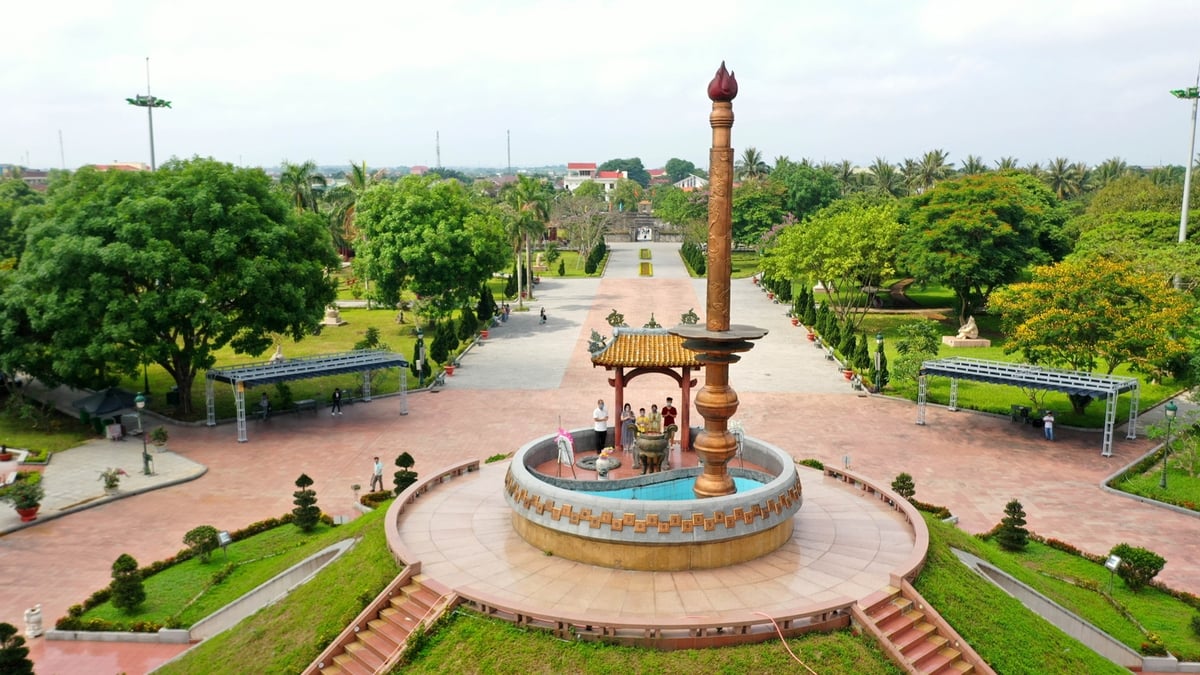




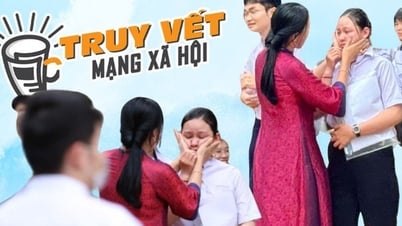

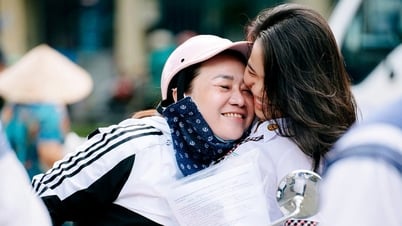




















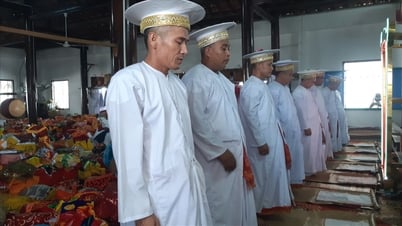



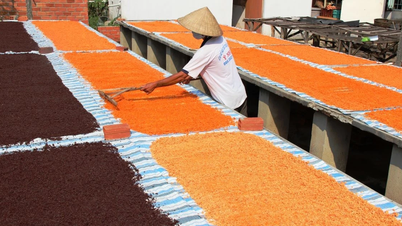

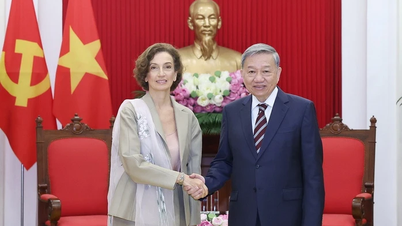



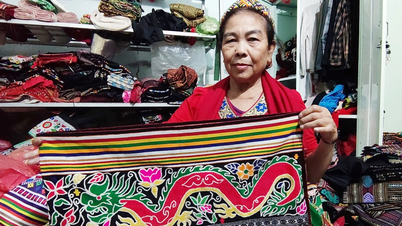





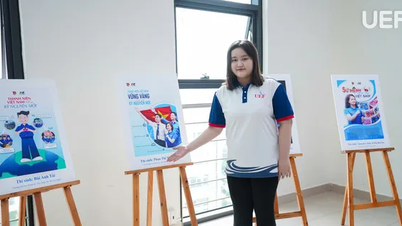



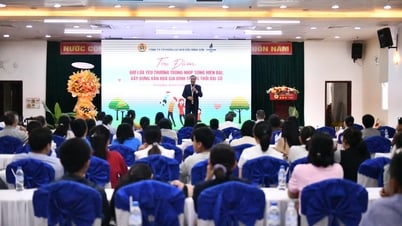






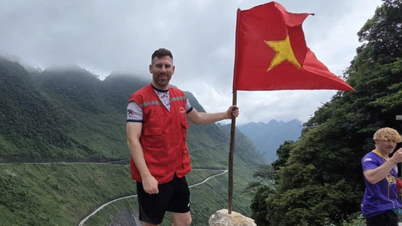

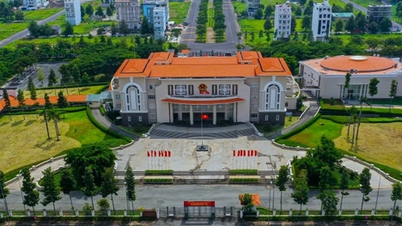



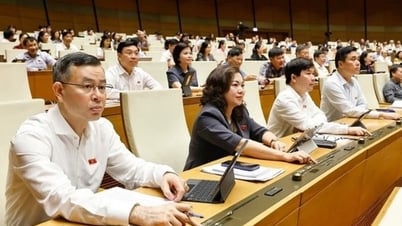



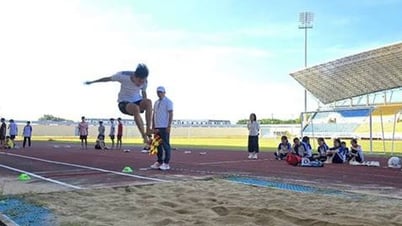
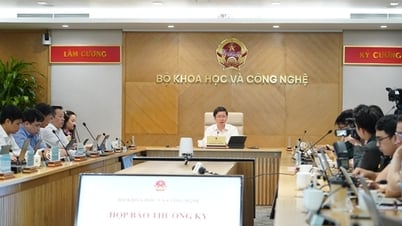
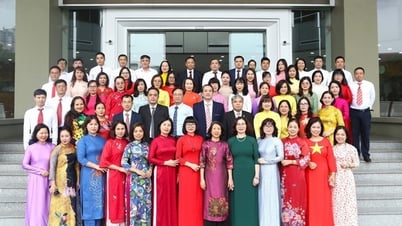





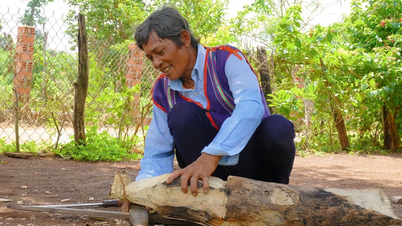

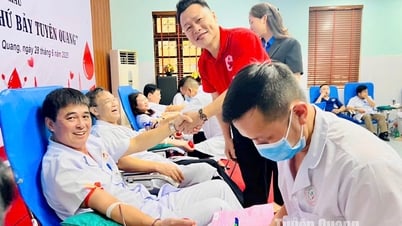

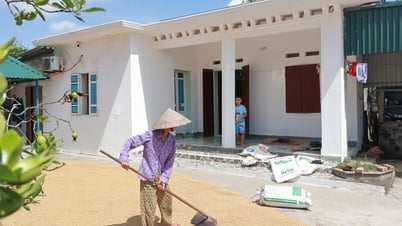
















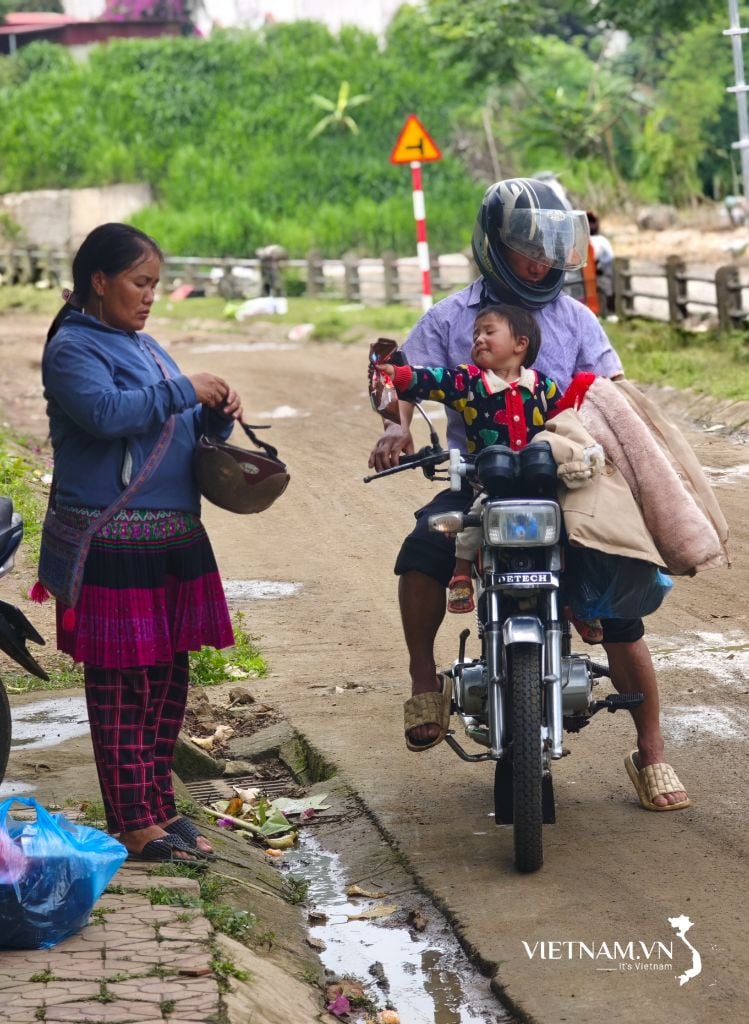
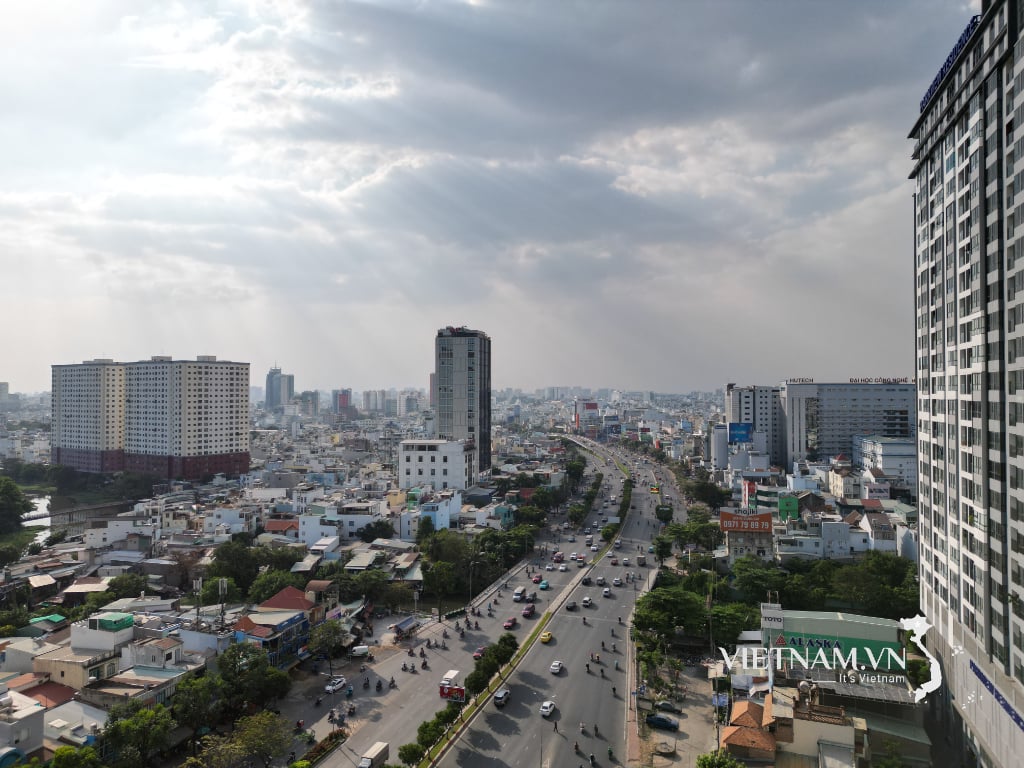
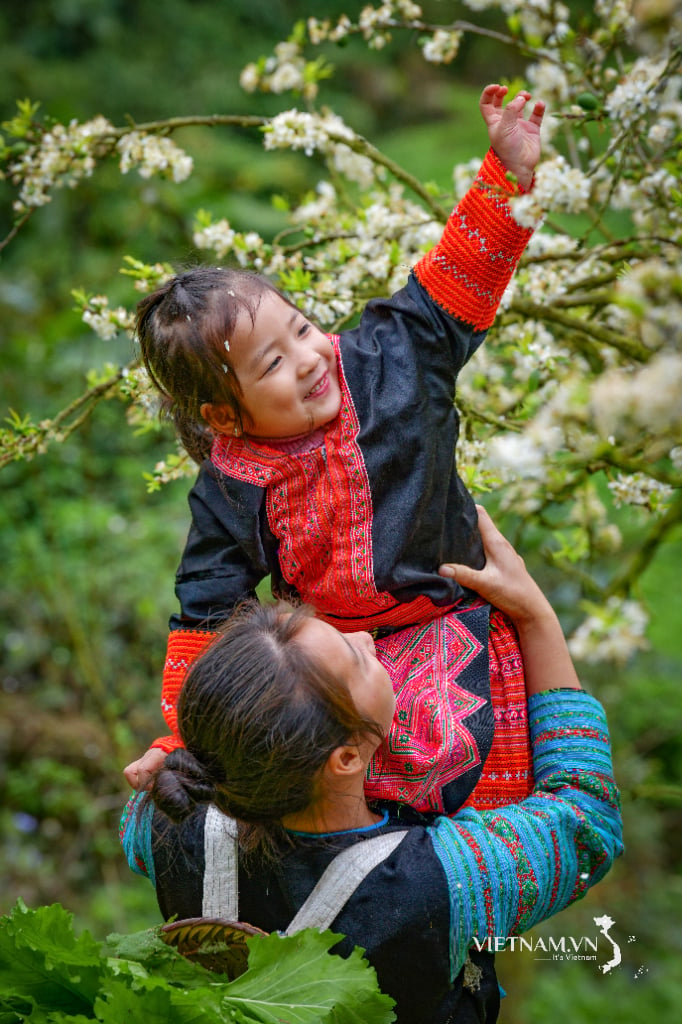

Comment (0)